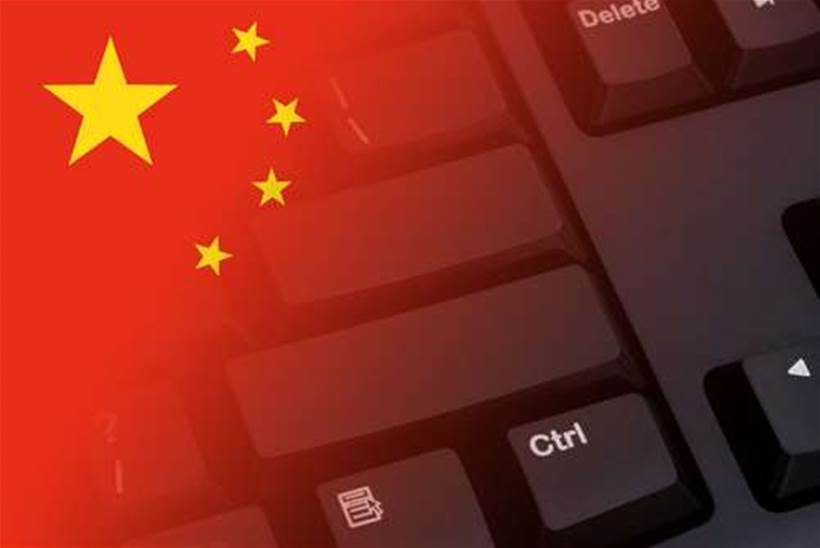China’s Ministry of Industry and Information Technology stirred interest in the country’s huge internet sector last week when it appeared to allow foreign firms to take 100 percent ownership of e-commerce entities.
Those businesses are classified by China as performing “online data handling and trade handling services”, Reuters reported – more colloquially known as for-profit e-commerce.
However, it is not that simple.
Although the change was reported by foreign news sites as applying to all of China, legal and trade experts at King & Wood Mallesons and PwC told Information Age it only applies to entities registered in the 120 square kilometre Pilot Free Trade Zone (PFTZ) in Shanghai.
“This means that foreign investors have the opportunity to conduct an e-commerce business in China without entering into a joint venture agreement, provided the entity is registered within the PFTZ,” PwC Asia practice leader and deals partner Andrew Parker said.
The chance to take full ownership of an e-commerce site also does not make other paperwork processes any simpler.
“It is important to note that according to the announcement, the approval procedures and other requirements for the application for obtaining the license for online data processing and transaction processing business, except the limit on proportion of contribution of the foreign investors, shall still be in accordance with administrative regulation of foreign-funded telecommunications enterprises promulgated by State Council in 2008 (Order No.534),” King & Wood Mallesons international partner Mark Schaub said.
Websites that offer goods or services need an Internet Content Provider (ICP) license from the Ministry of Industry and Information Technology.
Shanghai-based Schaub and his colleague, foreign legal consultant David Hong, told Information Age the relevant ICP licenses remain difficult to attain.
“While you can technically incorporate a company that’s capable of providing an e-commerce platform, you can’t get the license to do it,” Hong said.
“This has been the case for the past several years.
“Previous to this new change, you could have a joint venture with a foreign entity having 55 percent ownership within the PFTZ to operate an e-commerce system, but you still couldn’t get the license.
“And it’s still the case. So even though the law has changed, in practice nothing has changed.”
Travel rush sparks change
China’s insatiable appetite for foreign goods is thought to be behind the e-commerce ownership changes in the PFTZ.
Foreign retailers such as Tokyo duty-free electronics chain Laox have reported enormous spikes in sales to Chinese visitors – which now account for up to 70 percent of sales.
“The Chinese government has probably realised that people are buying foreign goods, and if you don’t make it easy for them to buy here [in China], they will either buy overseas when they go travelling or … have [the products] couriered over here,” Schaub said.
There remains no shortage of business interest in meeting some of that demand through e-commerce plays.
Austrade estimates that China’s online shopping market alone is worth $500 billion – out of a total e-commerce market worth in excess of $2 trillion.
It is running seminars this week in Melbourne, Sydney and the Gold Coast to coincide with the release of a new free guide, E-Commerce in China: a Guide for Australian Business.
Just for the Australians
Outside of the 100 percent ownership change in the PFTZ, which applies to companies from any foreign country, there are some additional opportunities just for Australian firms.
These opportunities were negotiated under the China-Australia Free Trade Agreement (ChAFTA), which was signed off last week and published for the first time. (It still requires passage through the domestic policy channels of both countries before it can be put into practice).
“For Australian investors, under ChAFTA the following additional business sectors in the telecommunications industry may be able to be conducted in China without a joint venture structure as well (potentially subject to the further negotiation and detailed guidance issued by the Chinese government at a later stage,” PwC’s Parker said.
They include:
- Information service business (apply to application store only);
- Storage and transmit related business;
- Call centre business;
- Onshore multi-party telecommunication service.










